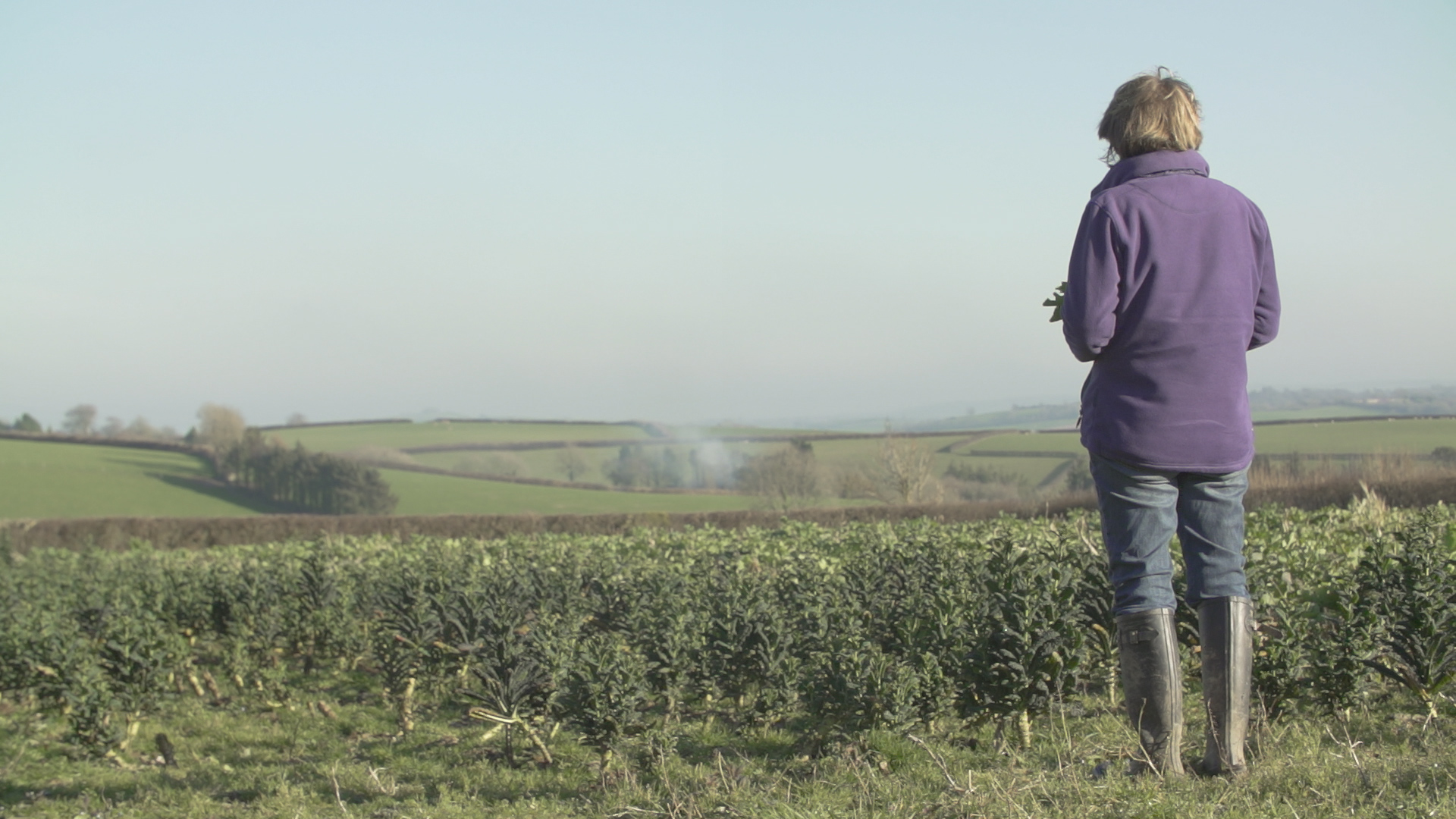A new pilot is exploring how family farmers with no succession plan for their land could sell to local communities looking to access land for food production.
The scheme, called New Models for Family Farm Succession and run by social enterprise and land access organisations Stir to Action and Shared Assets, wants to help tackle UK food security by presenting family farms as an opportunity for a new generation of community owners.
Still in trial stages, family farmers can submit an expression of interest with no obligation to sell their land. They will receive a participation budget of £500, an options report for a future farm sale, as well as residential workshops, events and financial advice.
The scheme is also open to communities looking to create or improve a business plan that could include bringing land into community ownership to produce food.
Across the UK around 120,000 family-owned farm businesses are planning to retire or transfer ownership over the next few years, according to ONS figures, but two-thirds of these owners still do not have a succession plan.

Meanwhile, there is unprecedented interest in landscapes across the UK, in anything from offsetting to rewilding, which many fear is undermining local and national food resilience and pushing the country towards more imports.
“This project is an exciting exploration of what the future of our rural landscape might look like, and practical mechanisms for getting there that take care of retiring family farmers and provide new opportunities for communities to access farmland for the common good,” said Olivia Oldham, of project funder Farming the Future.
“It is increasingly clear that land is at the heart of the crises we face – from industrial food production and environmental degradation, to social injustice and even ill-health and wellbeing. But, if we can collectively reimagine our relationship with it, land can also be the solution.”
The pilot, which launched this week (11 April), hopes to build on the success of farms like Fordhall, in Shropshire, and Stockwood, in Worcestershire, where farmland was saved by thousands of community investors.













A great idea, we need to be more self sufficient. Food is going up in price and there’s goings to be shortages at some point.